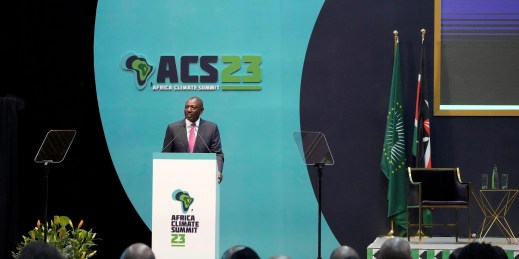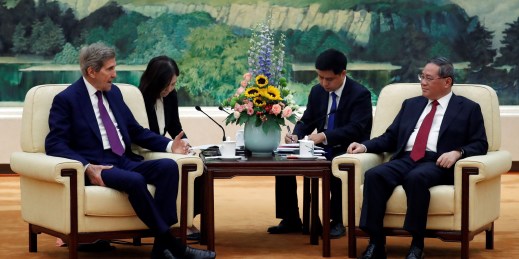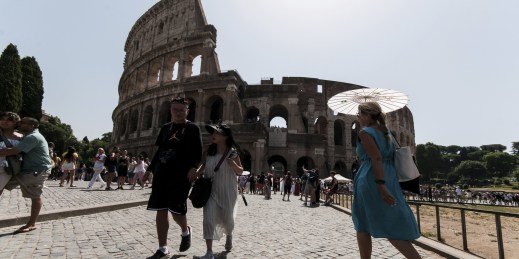
The first Africa Climate Summit concluded with significant momentum for the continent’s approach to climate diplomacy. For many observers, though, these achievements were overshadowed by concerns over the endorsement of market-based schemes like carbon credits as a way out of the continent’s climate finance quandary.



